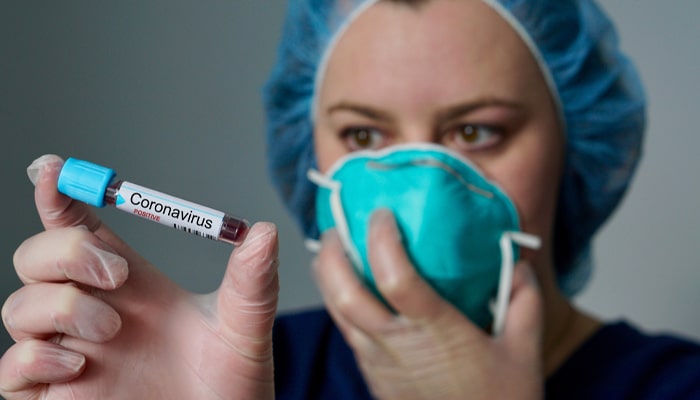15 Ways to Prevent and Prepare for the Coronavirus
Coronavirus (CoV) is a huge family of viruses that result in ailment varying from common cold to a lot serious ailments including Middle East Respiratory Syndrome (MERS-CoV) as well as Severe Acute Respiratory Syndrome (SARS-CoV).
Coronavirus disease (COVID-19) is one of the latest strains that was revealed in 2019 and has not been detected earlier in humans. The most common symptoms of infection involve respiratory signs, fever, cough, as well as certain breathing problems.
In more serious instances, an infection might result in larger complications such as pneumonia, severe acute respiratory syndrome, kidney failure and eventually death.
This virus is communicable, but until now it’s not as lethal as other epidemics. In China, over three-quarters of the Coronavirus instances have been classed as mild. Signs may involve low-grade fever in addition to cough. Some individuals may also experience weakness, headaches and, less often, diarrhea.
On the whole, the death rate in China is anticipated at 2%, and the average death age with COVID-19 is in the 70s. Individuals with principal medical issues, and predominantly smokers, appear to be at a greater risk.
As this virus is spreading all across the globe in large scales, there are certain precautionary steps you may exercise in order to protect yourself and your family.
So, here are some steps on how to prepare for the Coronavirus?
- The top tip: Washing of hands is a must. Why? The spread of viruses may increase from individual to individual by means of respiratory droplets. When diseased individual coughs or sneezes, close contacts can be contaminated. Additionally, the virus may wind up on doorknobs, elevator buttons as well as other surfaces. And in case you happen to touch those surfaces and then touch your eyes, nose or mouth, you may get contaminated. For this reason, it’s very vital to wash your hands carefully. Here’s the CDC’s assistance. “Wash your hands time and again with soap and water for a minimum of 20 seconds, in particular after going to the bathroom; prior to eating; and after blowing your nose, coughing, or sneezing.”
- Avoid close contact with people who are ill and having bad throat or cold.
- Avoid touching your eyes, nose and mouth.
- Cover your cough or sneeze with the help of a tissue, and then throw the tissue in the trash.
- Stay at your own place when you are ill.
- Clean and sterilize recurrently touched objects as well as surfaces with the help of a regular household cleaning spray or wipe.
- Don’t fright: start to prepare.
- Check your medicine cabinet in order to make sure that you have all the basic medicines such as aspirin or ibuprofen.
- Consider a backup plan if schools were about to close during an epidemic.
- If you consume a daily prescription drug, you must have as much of a supply on hand as possible.
- Ask your employer in regards to a work-from-home alternative. You must always want to distance yourself from others in case of an outbreak.
- Use a face mask properly.
- Be smart about travel.
- Travelers must always avoid contact with ill patients and clean their hands most frequently by washing with soap and water for at least 20 seconds or making use of an alcohol-based hand sanitizer with 60%-95% alcohol.
- If you’ve planned for any cruise or overseas travel, think about the risk of travel disruptions in the event of an outbreak. If you were quarantined, think about the backup plan for your work and family responsibilities back home, this is something to think about.
Reference links:
- https://www.who.int/health-topics/coronavirus
- https://www.npr.org/2020/02/27/810016611/coronavirus-101-what-you-need-to-know-to-prepare-and-prevent
- https://www.wsj.com/articles/how-to-prepare-for-the-coronavirus-11582834561
- https://blogs.scientificamerican.com/observations/preparing-for-coronavirus-to-strike-the-u-s/

